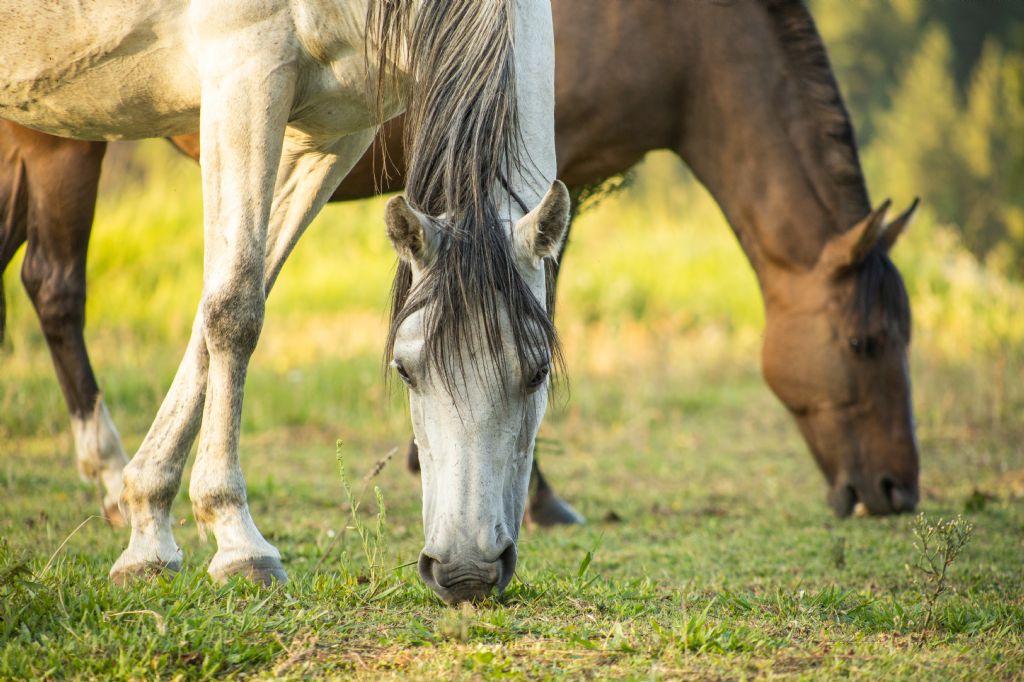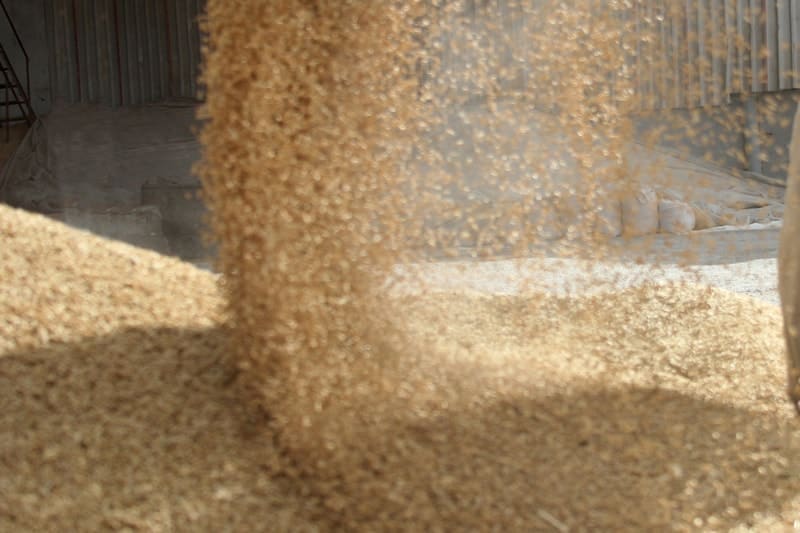Bluegrass News
Summer months means less mucking out and more field time for our horses but for some owners, this time of year can be stressful when dealing with horses that struggle to keep weight off. Overweight horses and ponies are in risk of obesity and developing health issues such as insulin resistance or laminitis. Bluegrass nutritional advisor Ashley Neely talks us through some helpful tips when feeding a good doer during summer.
Body Condition Scoring
A vital tool to our daily management practices, body condition scoring helps to identify fluctuations in weight and accumulation of fatty deposits. A weekly body condition score and recording weight by either a scale or weight tape will help to track your horse’s weight. Bluegrass Horse Feed has released a free printable weight programme that includes a weight record, guide to body condition scoring, and feeding planner. Click here to download a free copy.
Grass Management Systems
Restricting calorie intake is important for these good-doers, however, this is not just impacted by their hard feed, forage, and grass must also be considered. Grazing can be difficult to manage intake and there are some management systems that can be used to help, such as muzzles or strip grazing.
A common practice used by owners is to restrict turn out time by only turning out to grass for limited times during the day. However, a study found that ponies adapted to this routine and ate as much as they could within a short time frame. In fact, the ponies studied consumed 1% of their body weight in only 3 hours.
*A recent study looked at strip grazing, with a leading and back fence line. This method allows horses to graze naturally throughout the day whilst still restricting intake. The study found that horses on the strip grazing system did not increase their body weight as much compared to the total access group, proving as a valuable tool to grass management.
Balancers
Choosing a suitable low-calorie product can be difficult and quite often owners with overweight ponies or horses, will reduce feeding levels and give a handful of a concentrate mix or pellet. To meet daily nutrient requirements, the recommended feeding guidelines need to be met for these products and therefore a low-calorie balancer could be a better choice. Balancers are highly concentrated and so feeding levels are much lower at around 500g per day.
Bluegrass Stamm 30 is a low-calorie balancer containing high-quality protein, vitamins, and minerals that will help to provide the nutrients required for a balanced diet that can be lacking in forage or grass-only diet.
Exercise
Exercise is an important part of managing horses or ponies that are overweight. Not all exercise has to be ridden work, in hand walking, lunging or the use of a walker are all forms of exercise that will help with reducing body weight.
Nutritional Advice
Complete the diet request form or contact the nutritional helpline on +44 (0)28 3754 8276
*Longland, A.C., C. Barfoot, and P.A. Harris. 2021. Strip-grazing: Reduces pony dry matter intakes and changes in bodyweight and morphometrics. Equine Veterinary Journal. doi:10.111/evj.13416












